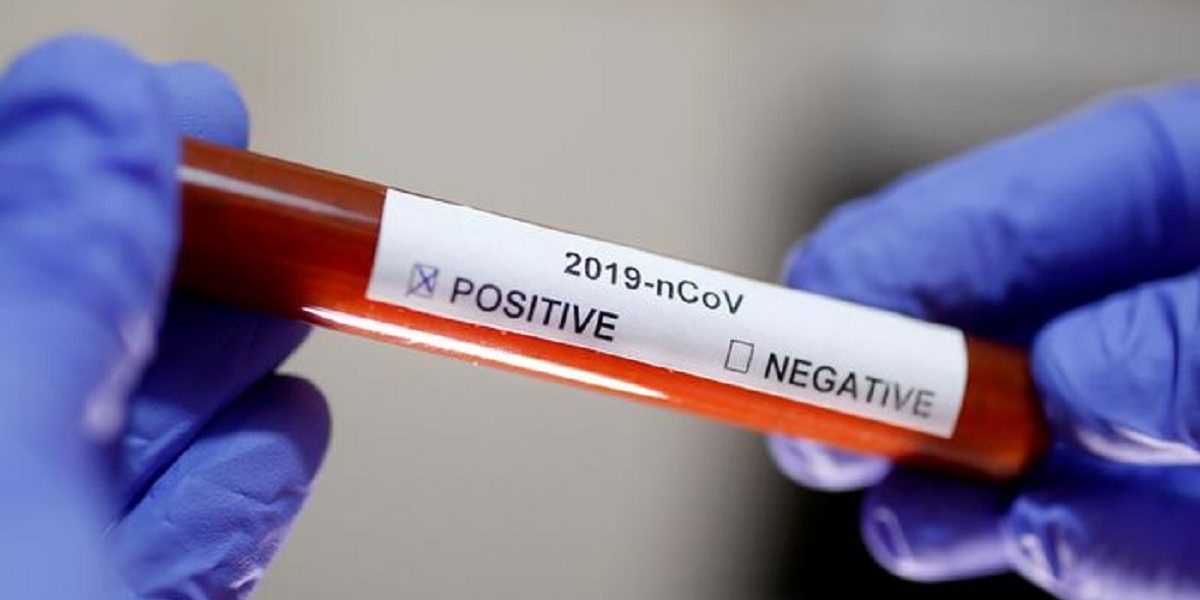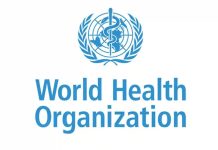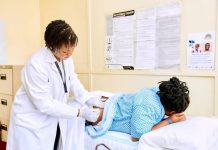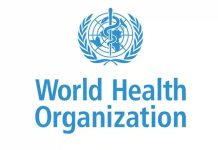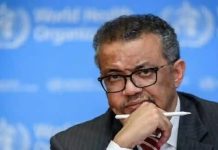THE World Health Organisation (WHO) has warned that while it welcomes the development of traditional medicines in the fight against the Covid19 pandemic, there was need for these to undergo the necessary vigorous clinical tests.
In a statement, the global health body said while they were recognising the need to come up with traditional, complementary and alternative medicine to fight the global pandemic, there was a need for these to be tested for efficacy and adverse side effects.
“WHO recognizes that traditional, complementary and alternative medicine has many benefits and Africa has a long history of traditional medicine and practitioners that play an important role in providing care to populations. Medicinal plants such as Artemisia annua are being considered as possible treatments for COVID-19 and should be tested for efficacy and adverse side effects.
“Africans deserve to use medicines tested to the same standards as people in the rest of the world. Even if therapies are derived from traditional practice and natural, establishing their efficacy and safety through rigorous clinical trials is critical,” said WHO.
The world health body further revealed that they were already working with research institutions to select traditional medicine products which can be investigated for clinical efficacy and safety for COVID-19 treatment.
WHO however, noted that these studies normally involve hundreds of people under the monitoring of the national regulatory authorities and may take quite a few months in an expedited process.
“As efforts are under way to find treatment for COVID-19, caution must be taken against/ misinformation, especially on social media, about the effectiveness of certain remedies. Many plants and substances are being proposed without the minimum requirements and evidence of quality, safety and efficacy.
“The use of products to treat COVID-19, which have not been robustly investigated can put people in danger, giving a false sense of security and distracting them from hand washing and physical distancing which are cardinal in COVID-19 prevention, and may also increase self-medication and the risk to patient safety,” reads the statement.
Over the past two decades, WHO has been working with countries to ensure safe and effective traditional medicine development in Africa by providing financial resources and technical support.
They have supported clinical trials, leading 14 countries to issue marketing authorization for 89 traditional medicine products which have met international and national requirements for registration. Of these, 43 have been included in national essential medicines lists.
These products are now part of the arsenal to treat patients with a wide range of diseases including malaria, opportunistic infections related to HIV, diabetes, sickle cell disease and hypertension.

